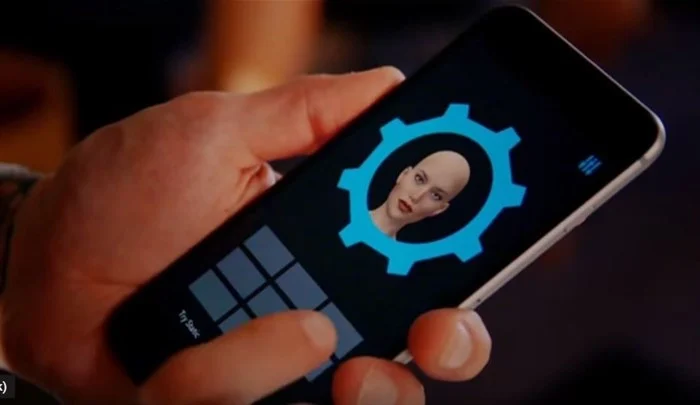The rise of the digisexuals

The idea that flesh-and-blood humans may forge fulfilling emotional, or even sexual, relationships with digital devices is no longer confined to science fiction movies like Ex Machina and Her. In real life, pioneers of human-android romance now have a name, “digisexuals,” which some academics and futurists have suggested constitutes an emergent sexual identity.
Developers are constantly striving to improve natural language processing. If we get to a point where we can know something is an AI and still be taken in by an engaging conversation like with Google's Duplex system, it will firmly cement digisexuality in everyday culture.
Towards the end of 2018, 35-year-old Akihiko Kondo from Japan got married to the woman of his dreams. However, many relatives refused to attend, including his mother, saying it was not something to celebrate. The bride, a songstress with aquamarine twin tails named Hatsune Miku, is not only a world-famous recording artist, who fills up arenas throughout Japan, but she’s also a hologram.
Kondo is one of a steadily growing group of people which academics are calling "digisexuals", according to the New York Times. And he isn't the only one.
In 2016, a French woman got engaged to a 3D printed robot she designed and in 2017 a Chinese engineer married a robot he created.
The newest models of sex robots are creeping closer to the level of Westworld-style sex surrogates. A California company called Abyss Creations makes a female sex robot with interchangeable faces — do you prefer Harmony or Solana? — with an AI-equipped brain that allows the doll to wink, chat and murmur sweet nothings, like a boudoir Siri. (A male version named Henry with a bionic penis is reportedly in the works.).
The robots, which start at $12,000, are designed to provide companionship as much as sex, said Matt McMullen, the company’s founder.
“While sex was a component, it wasn’t the only component,” McMullen said.
“Part of the experience for them was coming home from a long day at work, and the house was not empty anymore. Maybe they would even go as far as to buy her flowers, or set up a mock dinner with the doll.”
For those who can’t afford their own sex android, there are robotic versions of a brothel.
Whether the notion of digisexuality is absurd, inevitable or offensive, it raises more than a few questions.
For starters, in a world where responsive and reactive sex toys and AI-powered sex robots are movings toward the mainstream, are digisexuals a fringe group, destined to remain buried in the sexual underground? Or, in a culture that’s permeated with online pornography, sexting and Tinder swiping, isn’t everyone a closet digisexual?

About Raleen Bagg
Freelance writer for any business or service which reveres gracious grammar, interesting ideas, and superb spelling. A wealth of experience in conceptualising and writing high-impact advertising campaigns across all media, original and effective social media content, and everything in between.Related
Education in the spotlight at Singularity South Africa Summit 2024 5 Jul 2024 Richfield Newtown hosts first Robotics and Environmental Sustainability Youth Month Commemoration Event 2 Jul 2024 Trialogue Business in Society Conference 2024: ABC to CEO – supporting the learning journey 25 Jun 2024 Machine learning is revolutionising local manufacturing 9 Apr 2024 128 Mpumalanga schools introduce coding, robotics 4 Mar 2024 AI can bridge gap in human-machine interaction 19 Feb 2024






